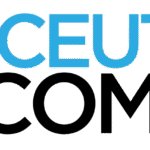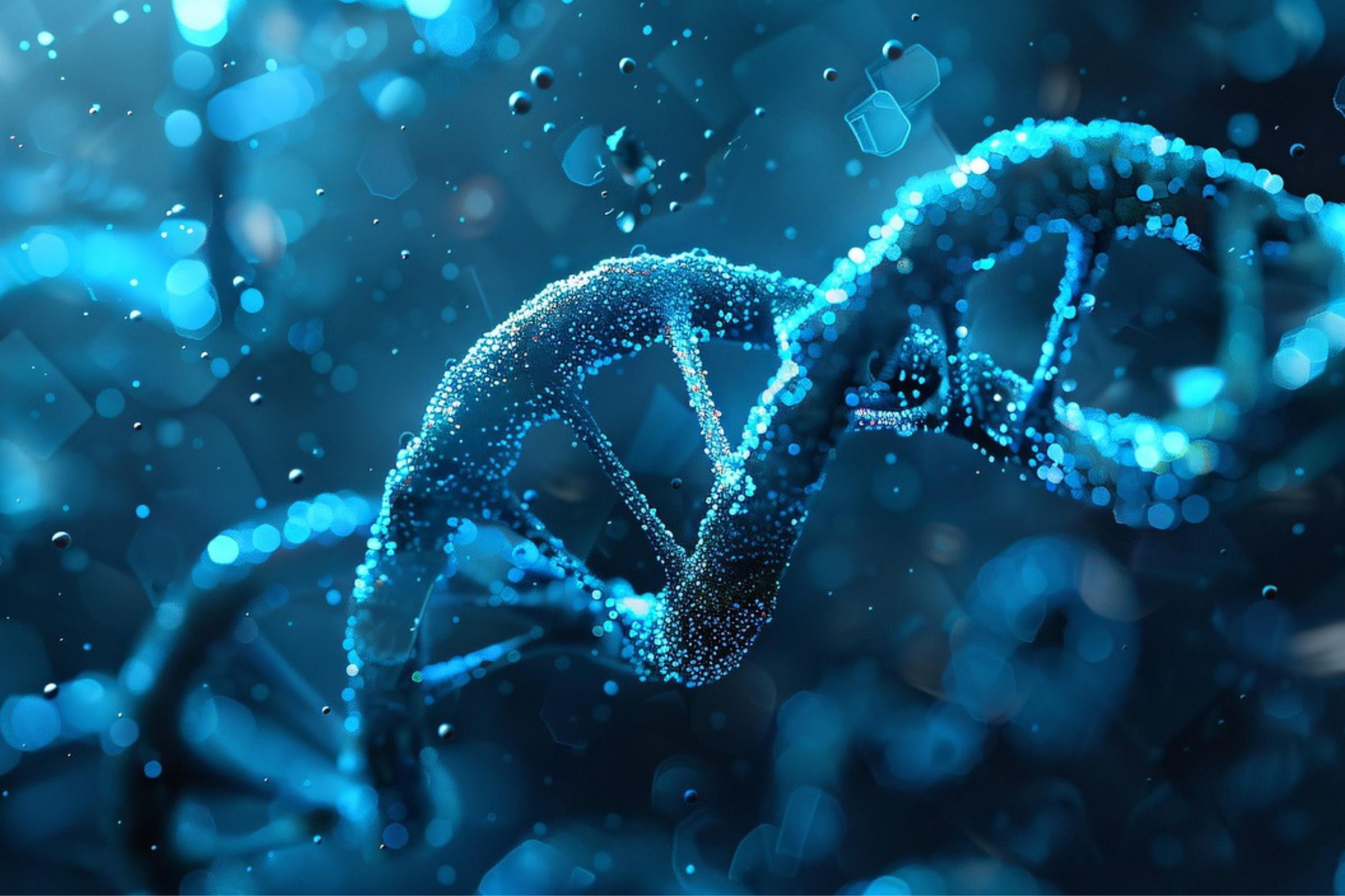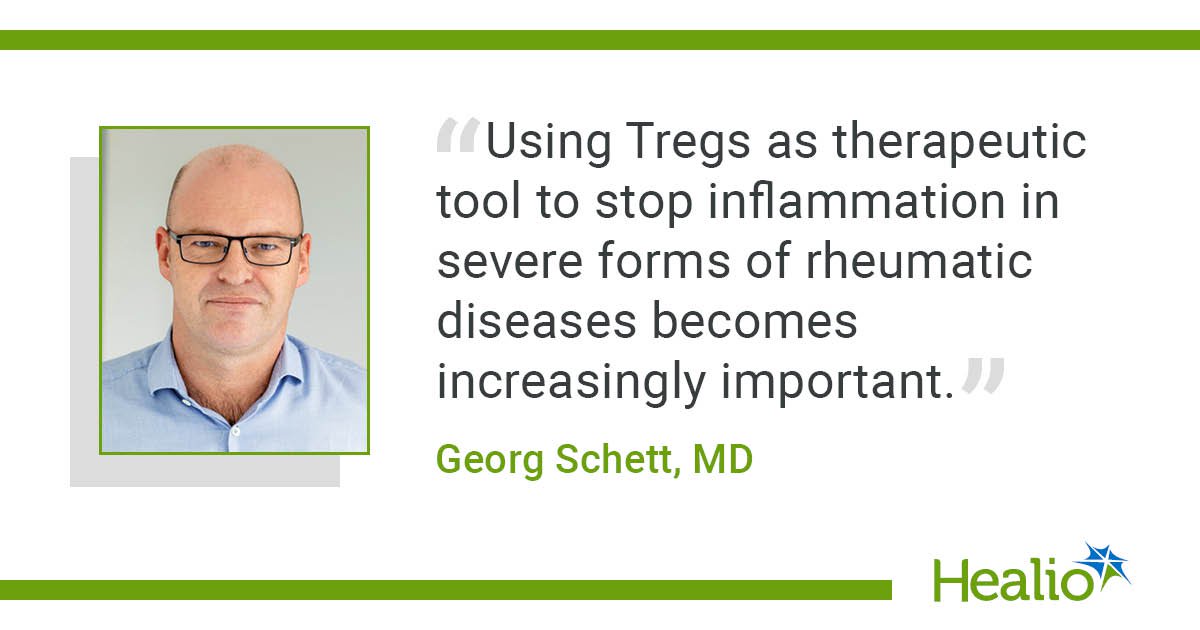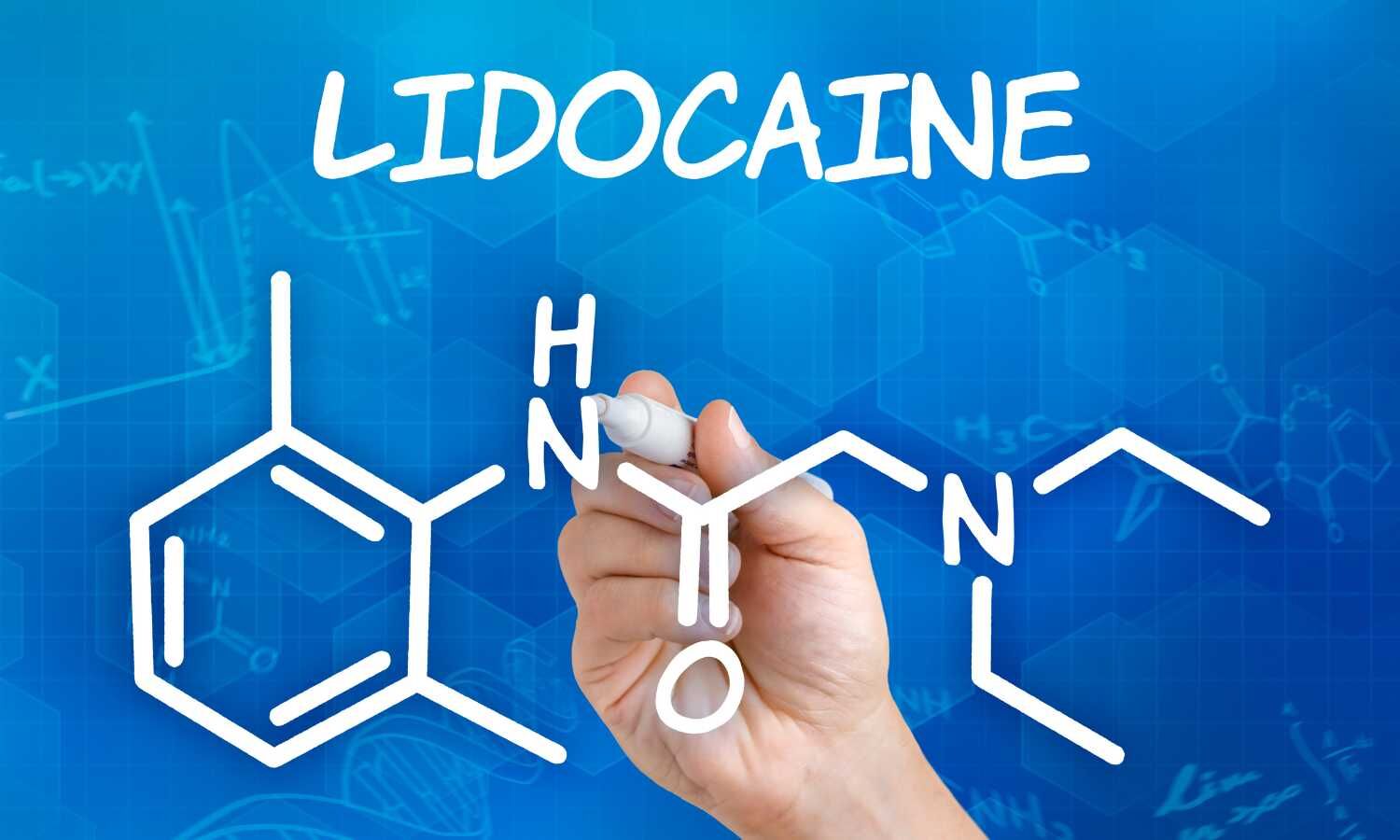Your DNA contains a secret recipe — not only for building you, but also for feeding you. For all the years we’ve been adhering to one-size-fits-all dietary prescriptions, nutrigenomics has been shapeshifting the rules of the game. This isn’t like other fad diets or magic pills; this is knowing your exact genetic code’s role in how your body reacts to everything you eat, bite after bite.
In this article, we’ll dive into the intriguing universe of personalized nutrition — an emerging field where a single gene test can help explain why you feel that morning coffee differently than your co-worker, show you why some “healthy” foods might not be best for you and how knowing the blueprint to your genetic material can change your relationship with food + health.
What is Nutrigenomics? Decoding Your Inner Blueprint
From Food Pyramid to Personal Code
For generations, we’ve trusted one-size-fits-all dietary advice — the food pyramid, recommended daily allowances and some universal-god health guidelines that assume what works for me should work for you. These were useful frameworks, and set the stage for how we understood nutrition.But they have one huge limitation: They ignore the significant biological differences that make each of us unique.
The old way looks at nutrition as if it were a one-size-fits-all medicine, presuming that we all respond the same way to exactly the same dose of dairy (or whole grains or whatever). But we’ve all seen the contradictions: Friends who seem to feel great eating high-carb diets when others feel slow on them, people who can drink an espresso at midnight and then go straight to bed while another person may be jittery after a single cup of morning coffee.
That’s not quirks, or willpower issues – it’s genetic variation playing out in real time.
When Nutrition Meets Your Genes
Nutrigenomics is the gap between our dinner and our identity at a molecular level. In short, it is the study of how different foods can interact with particular genes to increase or decrease our risk of common chronic diseases like cancer, and what genetic differences we might have that could alter the way we respond to nutrients. This is the field that understands that nutrition is not just about calories and vitamins — it’s a storytelling, molecular conversation between our food and our DNA.
Imagine your DNA as a deeply nuanced template for your body, with about 20,000 genes that direct everything from eye color to metabolism. The food you consume delivers the raw materials and instructions that affect how these guides are read and carried out. Nutrigenomics unlocks that manual, detailing exactly what it is made from and tailored to work most efficiently for your own individual body.
With genetic testing for heart disease factors of heart disease and metabolic differences, researchers can now see certain patterns of information in this manual that influence how you process fats or metabolize vitaminss, or respond to different dietary components. This is not science fiction — it’s occurring in labs, and homes, across the world right now.
Unlocking Your Plate’s Potential: How It Works
The Journey from Saliva to Superfoods
From Saliva to Superfoods
The strategy of finding out your genetic nutrition profile is actually rather simple:
Step 1: The At-Home Kit – You receive a non-invasive saliva or cheek swab test at your home. No needles, no doctor’s office, just a few minutes worth of sample collection in your own home.
Step 2: Lab Analysis – Your sample is sent to one of our secure, state-of-the-art labs and tested for genes that determine how well you metabolize key nutrients, your sensitivity to certain foods, and whether your body has unique needs based on genetic predispositions.
Step 3: The Personalized Report -The moment you’ve been waiting for! Just weeks later, you will receive a detailed report showing your genetic variations and how they can influence your nutrition.
Step 4: Actionable Insights – The raw genetic data converts into actionable dietary insights based on your body — maybe you need 40% more Vitamin D than the average, or have difficulty activating some B vitamins.
What Can Your Genes Tell You About Your Diet?
Your genetic code holds some fascinating secrets about you — including how your body processes and metabolizes food. Here are a few common genetic markers that have a direct impact on your dietary requirements:
Your caffeine metabolism rate is determined by a gene called CYP1A2. Fast metabolizers might be able to down multiple cups of coffee without any side effects, while slow metabolizers could end up anxious, insomniac or with high blood pressure from the same amount. This one-gene difference is the reason some people are natural night owls who thrive on evening espresso while others feel wired after a morning latte.
LCT serves as a genetic switch controlling lactose-digestion. Eight lactase Tomato The fruit agouti unresponsives and the eight positive aony were subject to be able to Oligonucleotide electronic C3 shows LACT14B converted into promoter (Fig. It’s the way in which your variation decides if dairy makes or breaks your body.
Whether or not methylfolate would help is also contingent on the functioning of your MTHFR gene, which affects how efficiently your body processes folate into its active form, called methylfolate. This conversion is necessary in DNA synthesis, repair and many metabolic pathways. Individuals with certain polymorphisms may have much higher needs for dietary folate or supplementation to achieve and maintain health.
The APOE gene offers important clues for how your body metabolizes fats and cholesterol. Some of the mutations lead to a greater risk, upon exposure to saturated fats, an added sensitivity which enables genetic analysis for heart disease prevention to be particularly valuable. People who have these variants might benefit from Mediterranean-type diets high in olive oil and omega-3s instead of saturated fat-heavy diet plans.
The Real-World Impact of a DNA-Guided Diet
More Than Just Weight Loss
Long-term weight management tends to be the initial focus for genetic nutrition testing, but its benefits go well beyond the scale. The future of personalized nutrition, your genes and you What difference can eating based on your DNA make in fitness?
When you align your macronutrient ratios with your genotypes, then energy can be optimized. And on a genetic level, some folks do much better with more fat in their lives and the sustained energy it provides, while others need greater amounts of complex carbs in order to keep their blood sugar stable and maintain the vitality they want throughout their day.
There is a huge enhancement in athletic performance and recovery when protein consumption along with the demands for antioxidants are matched with our genetic needs. Specific gene variants influence fiber type, how quickly you can recover from an overload session and your inflammatory response to exercise. Athletes who have access to genetic insights typically report faster recovery, fewer injuries, and improved endurance.
Pro-active health management moves from being reactive in treatment to proactive in prevention. Knowledge of our genetic susceptibility to conditions such as Celiac Disease, Hemochromatosis (iron overload), or a specific nutrient deficiency can help us modify our diet before symptoms arise. Such preventive regimens, enabled by genetic testing for markers of heart disease and other health traits, form a basis for rethinking long-term wellness.
Navigating the Nuances: Challenges and Considerations
Despite its potential, nutrigenomics is still an evolving field of science and has critical limitations that need to be addressed. Genes are only part of this complex health puzzle — lifestyle habits, environmental exposures and stress levels, sleep patterns and even the gut microbiome all have a significant impact on your body’s response to what you eat.
The science continues evolving rapidly. We have closely studied many gene-nutrient interactions while others are on the horizon. Existing understanding gives valuable directions, but without any guarantees. Picture genetic nutrition insights as a strong compass, not a GPS with step-by-step instructions.
Professional interpretation matters significantly. Without context, raw genetic information can cause misinterpretation or overly restrictive diets. Working with healthcare providers or registered dietitians trained in nutrigenomics will help you make moderate, educated changes versus making drastic ones under incomplete knowledge.
The Future is Personal (and Integrated)
From Niche to Mainstream
The world of personalized nutrition is evolving quickly. Testing that used to run thousands of dollars and required a doctor’s referral now costs less than a handful of sessions with a nutritionist. This access to genetic knowledge is shifting personalized nutrition from boutique wellness clinics to homes everywhere.
Nutrigenomics is starting to be seen as a standard mechanism in preventive medicine around the world. Genetic nutrition testing is starting to be covered by insurance companies as they realize the possibility of lower long term costs through prevention. Checking your genetic nutrition profile could become as commonplace as monitoring annual blood work within the next decade.
Your Personal Health Ecosystem
Personalized nutrition is about more than genetics-based tests. Project your dreams and ambitions into a next-level health ecosystem where your genetic insights are interwoven with smart technology. Your fitness tracker tweaks meal suggestions based on how hard you hit the gym that morning and your genetic recovery requirements. Your smart icebox (still there, but far more intelligent), personalizes recipes to your genetic profile and account of what’s in the fridge and fresh on the market.
Nutrition apps driven by AI will generate real-time meal plans that adjust based on your genetic predispositions and current health metrics, stress levels, and activity. Apps for restaurants will call out what ’s on the menu that corresponds with your genetic nutrition makeup. Grocery stores will provide you with custom shopping lists — chosen based on your DNA, what’s in season and your family’s taste.
This is not a hypothetical exercise in the remote future — the prototype technologies that could bring it about have already been developed. Companies are designing meal delivery services based on DNA, personalized supplement formulations and nutrition coaching apps that make sense of genetic data. With the convergence of genomics, A.I and connected devices, the future will see us eating for energy become second nature.
Your Health, Uniquely Yours
The move from generic dietary guidelines to highly individualized nutrition is among the most important developments in preventative health. We are seeing the start of a revolution that reshapes what we know about the profound connection between food and our bodies. Now, there is no more need to wonder why other people can lose weight on certain diets while you don’t or why some foods appear to enliven or drain us in manner that varies from individual to individual.
It’s not about learning limitations, it’s about unlocking potential. Once you understand how your body processes nutrients, metabolizes compounds and reacts to food in very specific ways that can contribute or mitigate the onset of disease — you become empowered to take control over your health trajectory in ways previously out of reach. It turns every meal into a chance to be in harmony with your biology and not at war.
This new age of personalized nutrition allows us to make exacting, informed choices that resonate with our unique biology. And it isn’t better we’re just eating; it’s smarter, in a way that reflects the deep wisdom encoded in our DNA. The future of nutrition isn’t about following someone else’s rules; it’s about discovering and embracing how foods can help you take control of your health, in a way that is fully personalized for your body based on where you come from – no matter who that somebody else might be.All we need to do is look inside, see what our bodies are telling us de ne our optimal path, one perfectly personal. Zed meal at a time.
Image by TyliJura from Pixabay
The editorial staff of Medical News Bulletin had no role in the preparation of this post. The views and opinions expressed in this post are those of the advertiser and do not reflect those of Medical News Bulletin. Medical News Bulletin does not accept liability for any loss or damages caused by the use of any products or services, nor do we endorse any products, services, or links in our Sponsored Articles.










